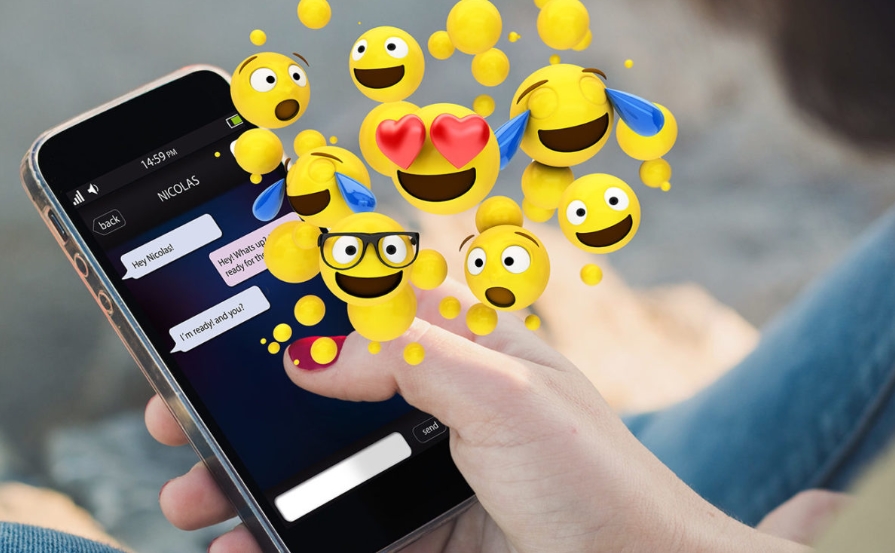
Emoticons represent human expressions, signs, and animals, and are widely used around the world. Recently, new emoticons have been added to Unicode, which is an industry standard for character codes. Adobe, which supports these emojis through Illustrator or Photoshop, released the Emoji Trend Report 2019 in mid-July in time for World Emoji Day. The report surveyed 1,000 U.S. residents, revealing how much emoticons have penetrated their lives.
For this report, Adobe conducted a 10-minute online survey of 1,000 people who frequently use emoticons in the United States. The investigation period was conducted between May 8-15, and the age range is between 16 and 73 years old. When asked about the reason for using emoticons, 62% of respondents said that it was because they wanted to enjoy the conversation more. In addition, 42% said that using emoticons is to convey their thoughts and feelings rather than simply inserting text. It was found that 58% of Gen Z born after 2000 think that emoticons convey their emotions better than text.
In addition, 93% of emoticon users said that they use it to brighten the mood of the conversation, and 91% said they use emoticons to indicate support for the conversation partner. Adobe also asked about his favorite emoji. The first place in the ranking of favorite emoticons is an emoticon with a crying and smiling face, the second place is a heart-shaped emoticon, and the third place is a face emoticon that blows a heart.
Regarding the benefits of emoticons that users think, 94% answered that emoticons can communicate beyond the language barrier, 90% said that they can share their thoughts and ideas right away with a small number of emoticons, and 81% said that they can use emoticons. They answered that they felt kind and friendly to the person in use.
Also, what Adobe enjoyed is that 65% of emoji users found that it was more polite to use emoji to express their emotions than to make a phone call. 83% of Gen Zers prefer emoticons to phones. In addition, 78% of respondents said they should continue to make efforts to make emoticons familiar to many people, and 73% said they want users to reflect their identity in emoticons.
You might also think not to use emoticons for work interactions, but Adobe surveys found that 61% of users say they use emoticons at work. Of those who use emoticons at work, 78% showed that they sent them positive emotions. As the popularity of emoticons has steadily increased, it can be said that emoticons are penetrating in communication regardless of place such as daily life or work.
In addition, emoticons are effective for e-mails and text messages by customers, and most users say that opening an e-mail becomes easier if the e-mail subject contains an emoticon. Of the respondents, 65% said that emoticons will develop more over the next five years, and they believe that emoticons will be easier to use and will be widely recognized socially in the future. Related information can be found here .

